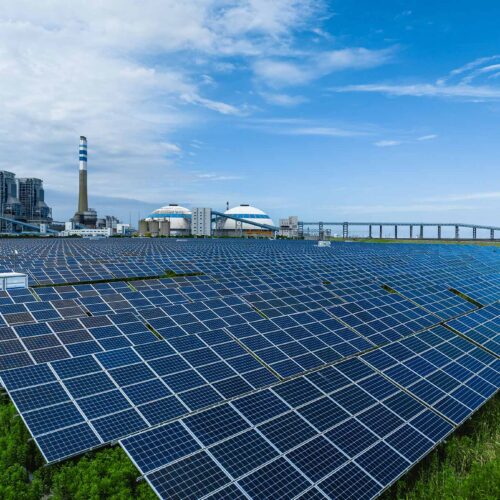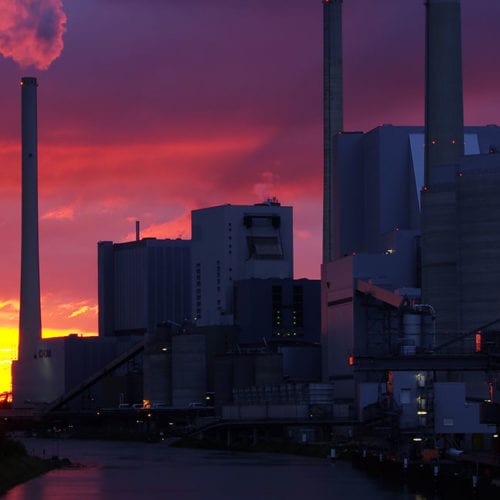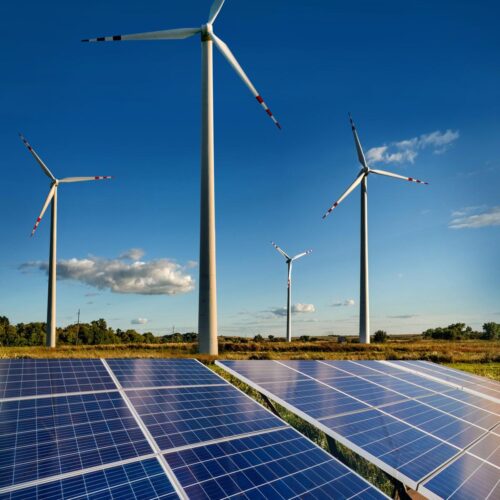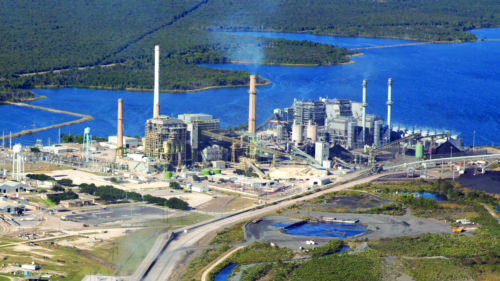
Reinvesting in Cleaner Energy Systems Globally

Why is a just and managed shift to clean and affordable energy so urgent around the world?
Coal was the preeminent fuel for grid-based electricity generation around the world for the better part of a century, but coal-fired power generation is now in structural decline. While economic trends are slowing the growth of coal capacity and leading to the closing of a significant amount of uncompetitive plants, two realities are clear: Failing to respond proactively to these trends will worsen extreme weather and risk tying the fates of communities to these uneconomic assets, and there are better options we can build toward while supporting communities through reinvestment.
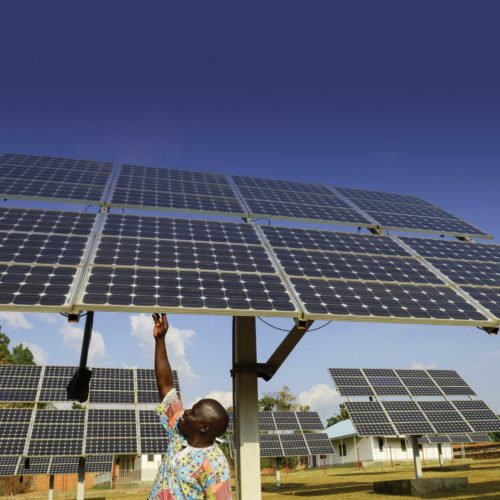
Why is proactive and managed reinvestment critical?
Some advocates and policymakers have chosen to focus their attention on smoothing the adjustment costs associated with layoffs of uneconomic coal plants. However, there is a strong rationale for also focusing on write-offs because the early retirement of coal plants across the world has enormous financial implications for stakeholders:
• Coal plant asset owners, who stand to bear the burden of capital losses associated with premature closure of plants, and who strongly oppose policy that would support cheaper and cleaner alternatives;
• Environmental advocates, who seek to accelerate coal phase-out in line with the objectives of the Paris Climate Agreement; and
• Policymakers, who must balance the pressure to respond to spiraling ecological and extreme weather risks and manage the interests of each of these stakeholders and communities.

Why It Matters
Identifying solutions that manage the transition from uneconomic and polluting to cost-effective, cleaner energy systems could ease potential losses and mitigate political opposition from owners. By managing the coal capital transition, pragmatic collaboration among asset owners, advocates, and policymakers can be mutually beneficial.
Collaborative rather than adversarial approaches can yield better outcomes for all three of these stakeholder groups. For asset owners, proactive planning for the end of the coal era can preserve shareholder value and avoid financial shocks to equity and debt holders alike. For policymakers, there is an opportunity to understand and implement a new toolkit to spur faster coal-to-clean transitions through dialogue rather than conflict. And environmental advocates can advance their objective of accelerating a clean energy transition that is affordable and just.

What We're Doing
RMI has created the first global survey of approaches that can help ease capital destruction for asset owners and their shareholders while offering policymakers a clearer path toward a just coal-to-clean transition.
Resources
The repurposing of coal plants is gaining buzz. In a new article series, Finding (Re)purpose, we break down what it is and why it matters.
Pathways to decarbonizing long-term coal power purchase agreements
Scalable innovations from promising coal-to-clean transitions around the globe


